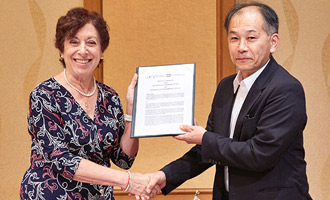
The DR2 Program engages with a variety of partners to promote the need for and importance of disaster research and response. Collective actions can improve national and global capacity to collect timely data and conduct studies in response to disasters and public health emergencies.
Partnerships enable the translation of knowledge from disaster research studies into policies and interventions that will strengthen recovery, reduce adverse health impacts, and build resilience, especially in historically underserved or underrepresented populations. This page provides details about partnerships and networks that help advance the mission and goals of the DR2 Program.
The DR2 Environmental Health Sciences Network
The DR2 Environmental Health Sciences (EHS) Network was created by a group of NIEHS-funded disaster research scientists. In 2020, the group expanded to welcome all environmental health researchers. This vital group coordinates and collaborates on issues related to disaster research response.
The DR2 EHS Network works within the larger DR2 Community of Practice to facilitate the specific engagement of environmental health scientists. Priorities include identifying scientific knowledge gaps and proposing solutions around implementation of disaster research, such as methods development, institutional review board approval, and stakeholder engagement.
The DR2 EHS Network hosted a four-part “Compounding Environmental Health Crises: COVID-19 Research Response” webinar series in 2021 to share information on mental health, community partners, social vulnerability, and more topics impacted by COVID-19. The webinar recordings can be found on the DR2 Videos page.
Federal Interagency Activities
Intra-NIH Disaster Interest Group (IDIG)
NIEHS coordinates the Intra-NIH Disaster Interest Group (IDIG) of scientists and staff from 15 NIH Institutes, Centers and Offices. The IDIG meets monthly to discuss issues related to improving NIH’s capacity to coordinate, design, and implement timely research to address the health impacts associated with public health emergencies and disasters.
Annual Federal Interagency Disaster Research Meeting
Since 2013, the DR2 Program has hosted an annual Federal Interagency Disaster Research Meeting. This meeting provides a venue for federal agencies to share ongoing activities and explore opportunities for coordination and collaboration around disaster research response. Topics of presentation and discussions include funding, communication, vulnerable populations, best practices, data collection and sharing, and more.
National Academies of Science, Engineering, and Medicine (NASEM) The Action Collaborative on Disaster Research
NIEHS partners with other NIH institutes, federal agencies, the academic community, and public sector representatives to lead The Action Collaborative on Disaster Research. The Action Collaborative, which is associated with the Forum on Medical and Public Health Preparedness for Disasters and Emergencies, provides a forum for exchanging ideas on development and integration of population, health care, clinical, environmental, and disaster research. Additionally, the NASEM Action Collaborative can bring together experts and other stakeholders in response to disasters to discuss vital health research and strategies to inform response and recovery efforts. For example, in response to the train derailment disaster in East Palestine, Ohio on February 3, 2023, the DR2 Program led a cross-NIH effort with NASEM to host a public workshop to explore the potential health research and surveillance priorities arising from the train derailment and material hazards spill.
For more information, visit The Action Collaborative on Disaster Research.
International Activities

Former NIEHS and National Toxicology Program Director Linda Birnbaum, Ph.D. (left) poses with Chiho Watanabe, Ph.D., (right) president of Japan’s NIES.
(Photo courtesy of NIEHS)
The DR2 program, consistent with the Sendai Framework for Disaster Risk Reduction 2015-2030 and the Global Health Security Agenda, supports efforts of international researchers, governments, and organizations to promote understanding of disaster risk in all its dimensions of vulnerability, capacity, exposure of persons and assets, hazard characteristics, and the environment.
The DR2 Program has been instrumental in promoting the development of disaster research response programs in other countries, providing expertise and consultation.
The DR2 Program continues to engage with researchers across the globe. For example, In May 2024, the NIEHS DR2 program and the National Institute for Environmental Sciences (NIES) of Japan co-hosted a workshop focused on disaster research response in Southeast Asia. Participants from Thailand, Vietnam, Indonesia, the Philippines, and Malaysia joined NIEHS and NIES representatives at the event, which took place in Kanagawa, Japan.



